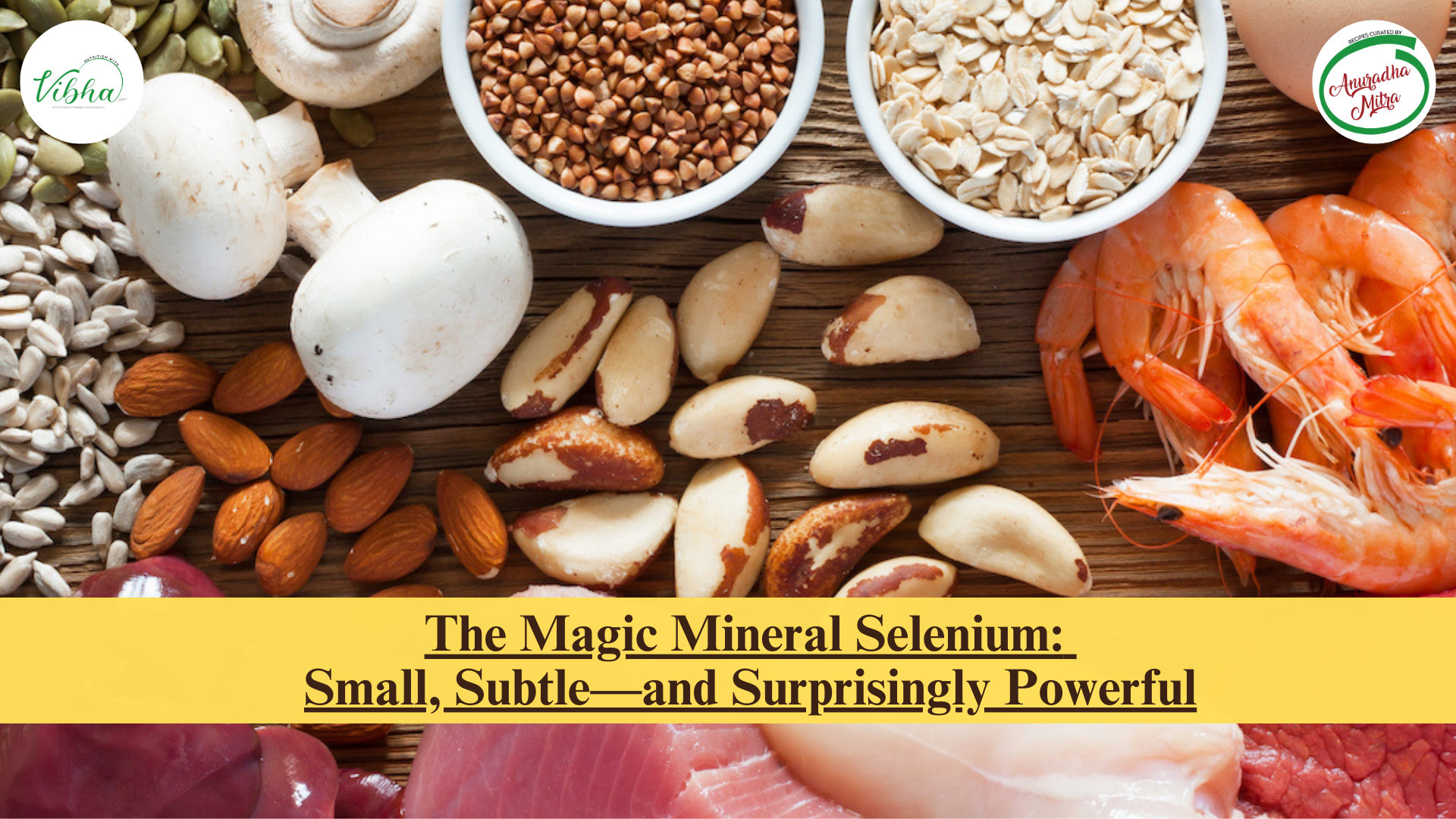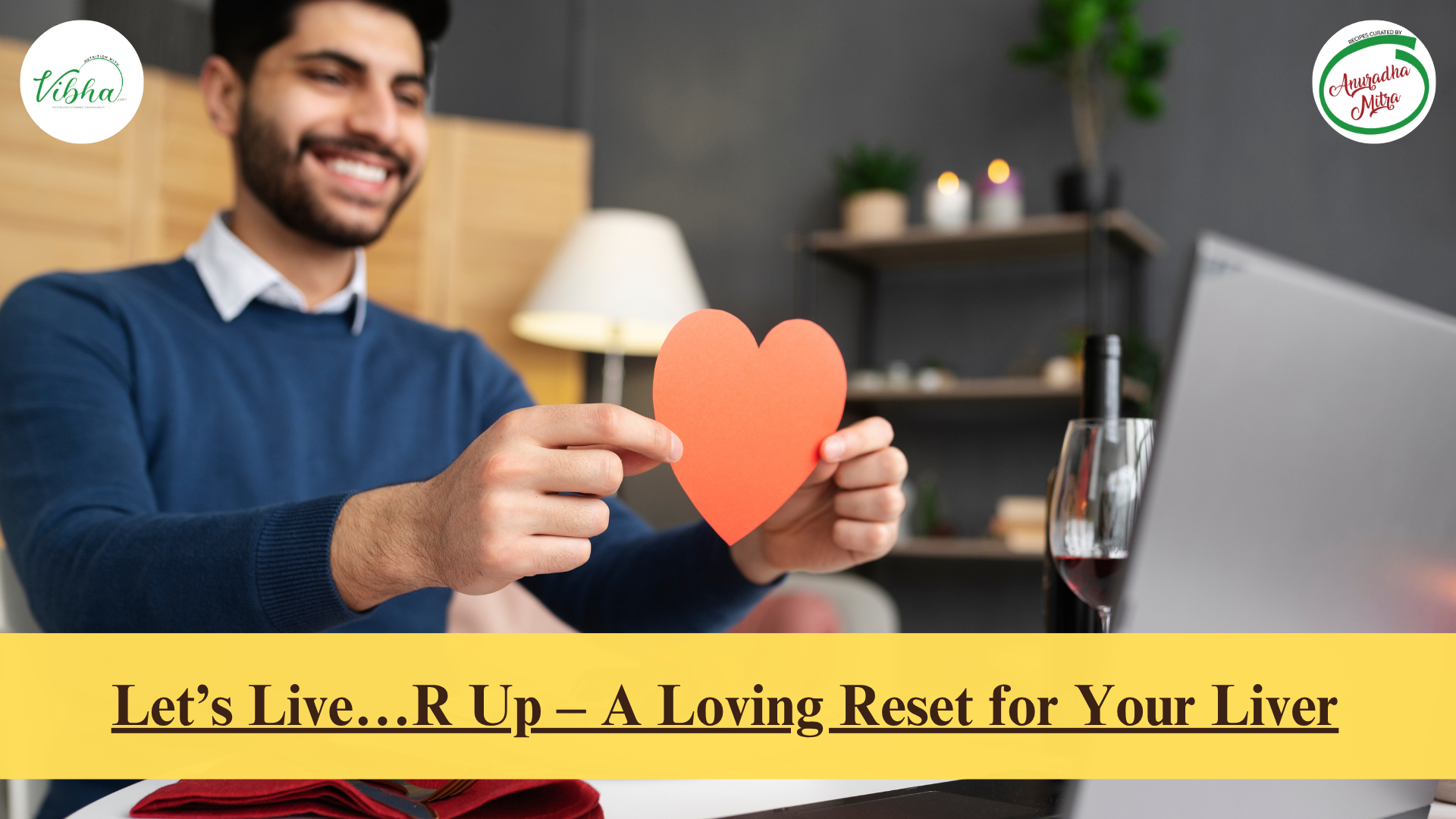A Beautiful Sleep

How to Design a Healthful Sleep
Sleep – that glorious slipping into a space where we exist and yet do not!
What is sleep – is a time of healing or is it a waste of time given the small hills of work we need to wrap up each day.
Do we even need sleep…if yes how much do we need? What happens if we don’t get it?
This blog addresses all these questions.
After all, without a balanced lifestyle , there can be no health sustained.
So, let’s delve deep into sleep…
Why Sleep is Important
Sleep – the most inactive time of the day is the time the body is actually active – albeit in a different way.
It’s like the shop that needs to be shut during the night for maintenance to take place. Sleep is the time when cells repair, the hormones that relax the system and those that are key in bone and muscle health are released. Immunity cells build up during sleep. Another very important aspect is memory and cognition. Neurological and brain development occurs in sleep as well as there is consolidation of memory during sleep. Daytime learning both of information as well as emotions are processed and consolidated into memory during sleep.
You can imagine how important that is for both academics and productivity across all age groups – from children to the older adult. It is to be noted how valuable that is for learning, academics and professional aspects.
Growth hormone levels also increase during sleep. Growth hormone is also released in pulses during sleep. Lack of sleep affects the amounts produced. Growth hormone is crucial in children and adolescents for obvious growth and it is also required in adults – to promote healing, to reduce obesity and to promote weight control. Growth hormone has key roles of muscle building, tissue repair and metabolic balance in adulthood.
It is during sleep that immunity build up takes place. Adequate sleep can help in decreasing inflammation – a key trigger of chronic diseases.
Sleep allows the brain and body to slow down and engage in processes of recovery, promoting better physical and mental performance the next day and over the long-term.
Adequate sleep promotes weight control as it ensures the balance of two hormones that control weight on a long term basis – Leptin and Ghrelin.
A proper amount of sleep also keeps the stress hormone – cortisol at bay. This in turn has very key health preserving benefits.
Chronic sleep deprivation is associated with increased risk for obesity, diabetes, high blood pressure, heart diseases and stroke.
In the current times of the Pandemic, it is relevant to stress on the fact that a good sleeping schedule does protect the body’s immune system.
The Geography of Sleep:
Let us understand how sleep works…
There are multiple cycles of sleep, each cycle has two stages – The Non Rapid Eye Movement stage (NREM) and the Rapid Eye Movement (REM) stage.
The NREM stage which is 75 – 80 Percent of sleep has 4 parts to it
Stage 1 – a short 5 – 10 minutes, the time taken to dose off
Stage 2 – is again short – a 20 minute one where body processes slow down in preparation for sleep and memory consolidation occurs.
Stage 3 and 4 are the deep stages of sleep – lasting for about 40 minutes where cell repair, growth and development occurs and metabolic balance is restored.
The REM stage which can last about an hour is also a deep state of sleep where the brain waves really slow down and there is muscle atonia; dreaming occurs in this stage. This is again the stage when the body repairs itself and adjusts our metabolic balance.
Certain points need a focused note to understand why we must have a good sleep hygiene:
It is stage 4 of NREM and the REM stage where maximum health benefits occur.
In the initial sleep cycles the stage 4 NREM and REM are shorter cycles and as the sleep cycles move ahead these stages become longer
This means that to obtain 2 -3 hours of deep sleep adults (children and adolescents need a little bit more) must:
Sleep for 7 – 9 hours to ensure 2 – 3 hours of deep sleep (Young Children need About 10 hours of sleep, adolescents 9 hours and adults 7 – 9 hours of sleep)
Need about 5 cycles so that the longer periods of deep sleep occurring in the later cycles are accomplished
Thus, you can see that if we sleep off late at night and get only 3 cycles then the body will not benefit as much.
How is Sleep Regulated:
Understanding how we actually slip into sleep and what really induces sleep is a fascinating topic. Our body’s natural cycles are called the circadian rhythm and it’s a beautiful process.
The tiny pineal gland (a 7.4 mm long gland) in the centre of the brain that produces the hormone Melatonin (The darkness hormone) in response to yes- dim lights and darkness.
Isn’t that a wonderful way to regulate? This hormone is synthesised and released out as the day ends, so that we can have a good night’s rest.
Similarly, in the morning, exposure to sunlight increases cortisol – the hormone to keep us active and reduces melatonin – so that we are not sleepy during the day. In fact exposure to sunlight leads to some synthesis of melatonin in the skin too as well as it regulates the production of melatonin.
The all-important question – How to Design a Healthful Sleep:
Wake up right:
Let’s wake up and wish for the sun. Let us allow the natural sunlight to bathe us, let it in through the eyes to the pineal gland and let it regulate our circadian rhythm.
This will lead to production of activity inducing cortisol as well it helps regulate Melatonin – the sleep hormone.
That is why the Surya Namaskar was invented – to let us soak in the sun!
Pay attention to our circadian rhythm:
We need to expose our systems to the dimming of light as is in accordance to our natural biological rhythm.
There are certain thing we need to look at specifically in this regard:
Use yellow lights after sunset
Minimise the use of blue bright lights, specially as it nears sleep time
Avoid exposure to light from screens (which specially reduced the amount of Melatonin production) – TVs, computers and mobiles, at least two hours before bedtime
Control the caffeine:
Caffeine from tea, coffee, chocolates, colas and energy drinks boost up the metabolism and suppresses the production of melatonin. The effects remain for 4 – 6 hours post caffeine consumption. Thus adjust your evening cup of tea/coffee with the time you wish to sleep for a fully restful night.
Ensure adequate intake of calcium, magnesium and Vitamin D:
Calcium supports certain channels of the brain that promote deep sleep and magnesium helps to activate mechanisms that can calm. Vitamin D is required in Melatonin synthesis, as well as to absorb the calcium.
For this what we need to do are the following:
Correct any Vitamin D deficiencies if present, you will need a physician’s consult for that)
Get enough exposure to sunlight
Eat enough calcium through low fat dairy, whole grains especially Ragi and Rajkeera (Amaranth Seeds) as well as green vegetables.
Eat enough magnesium through whole grains, pulses and nuts
Eat Foods that Contain Foods that Promote Sleep:
Amino acid tryptophan gets converted to serotonin which relaxes the mind yes and also gets converted to melatonin – the sleep hormone. Protein foods contain tryptophan, best eaten with a small dose of grains or fruits. Some of the protein foods should be included in an early dinner and a cup of milk at bedtime (half and hour prior) will work well. Some tryptophan containing protein foods are:
Non vegetarian foods like turkey, chicken, red meat, salmon have very high amounts of tryptophan
Nuts contain tryptophan which can induce sleep
Milk and milk products
Nuts and seeds (pumpkin seeds)
Soybean and Tofu
Certain foods contain Melatonin – especially important in older adults who produce lesser amounts of Melatonin and can also sleep better. Some examples are:
Walnuts
Grape juice
Fruits like Banana, oranges and pineapples
Salmon
Rice
Wheat
Pulses
A very important point to note is to keep the intestinal health in top condition so that enough serotonin is produced from there. Which can ultimately aid sleep (yes! A majority of the serotonin is produced in the gut)
Role of exercise:
One needs to be reasonably physically active to slip into sleep and people who are more physically active have a better quality of sleep
Exercise also helps. It can improve the quality of deep sleep. Exercising about 5 hours before sleep is beneficial.
Manage other comorbidities
like obesity and hypertension as this could affect sleep quality and duration. Other medical conditions like chronic acidity and reflux, rhinitis and sinusitis can also lead to disturbed sleep. Address medical issues that lead to night time voiding of urine – conditions like uncontrolled diabetes and prostate issues.
Other Important Considerations:
Stress Management:
High stress levels lead to anxiety and this obviously affects sleep. Reduce and manage stress and anxiety by developing a good social network, developing hobbies and relaxation. Take professional help where required to manage stress.
Avoid day time sleep:
A short 20-minute nap will help productivity, but long sleep in the day will affect the quality of night time sleep
Organise your comfort:
A nice refreshing bath before bedtime will relax
A cool temperature is always more conducive to sleep
Use comfortable mattress and pillows
Do not use sleep space for work
A dark room with curtains drawn, without disturbing sounds will help. Use an eye mask if you are very sensitive to light.
Special notes:
To the night shift worker:
Follow all the points written in this article except convert the day to night so that an 8 hour continuous sleep time can be maintained. Chronic lack of sleep can cause metabolic diseases and is deleterious to health in the long run.
To the chronic insomnia:
Can take medical help for eg. Melatonin supplements can help.
To those who suffer from sleep apnea
identifiable if you wake up not refreshed even after sleeping for long. This needs to be identified and treated for long term health.
We have become a population that glorifies late nights and longer days – may it be for academic purposes, professional target achievements or partying; across all age groups. Sleep – a crucial aspect of health and rejuvenation needs to be treated thus; with reverence and seriousness. This is one key lifestyle factor that will promote sustainable health.
So, we at Nutrition with Vibha tell you to sleep healthy!
Mail us your queries and comments to nutritionwithvibha.com
References:
- Schönauer, M., & Pöhlchen, D. (2018). Sleep spindles. Current biology : CB, 28(19), R1129–R1130.https://doi.org/10.1016/j.cub.2018.07.035
- 2. Division of Sleep Medicine at Harvard Medical School. (2007, December 18). Natural Patterns of Sleep. Retrieved October 16, 2020, fromhttp://healthysleep.med.harvard.edu/healthy/science/what/sleep-patterns-rem-nrem
- 3. National Institute of Neurological Disorders and Stroke (NINDS). (2019, August 13). Brain Basics: Understanding Sleep. Retrieved October 16, 2020, fromhttps://www.ninds.nih.gov/Disorders/patient-caregiver-education/understanding-sleep
- https://www.researchgate.net/publication/315964474_Dietary_Sources_and_Bioactivities_of_Melatonin
- https://www.researchgate.net/publication/236582394_Sleep_Quality_Improvement_and_Exercise_A_Review





